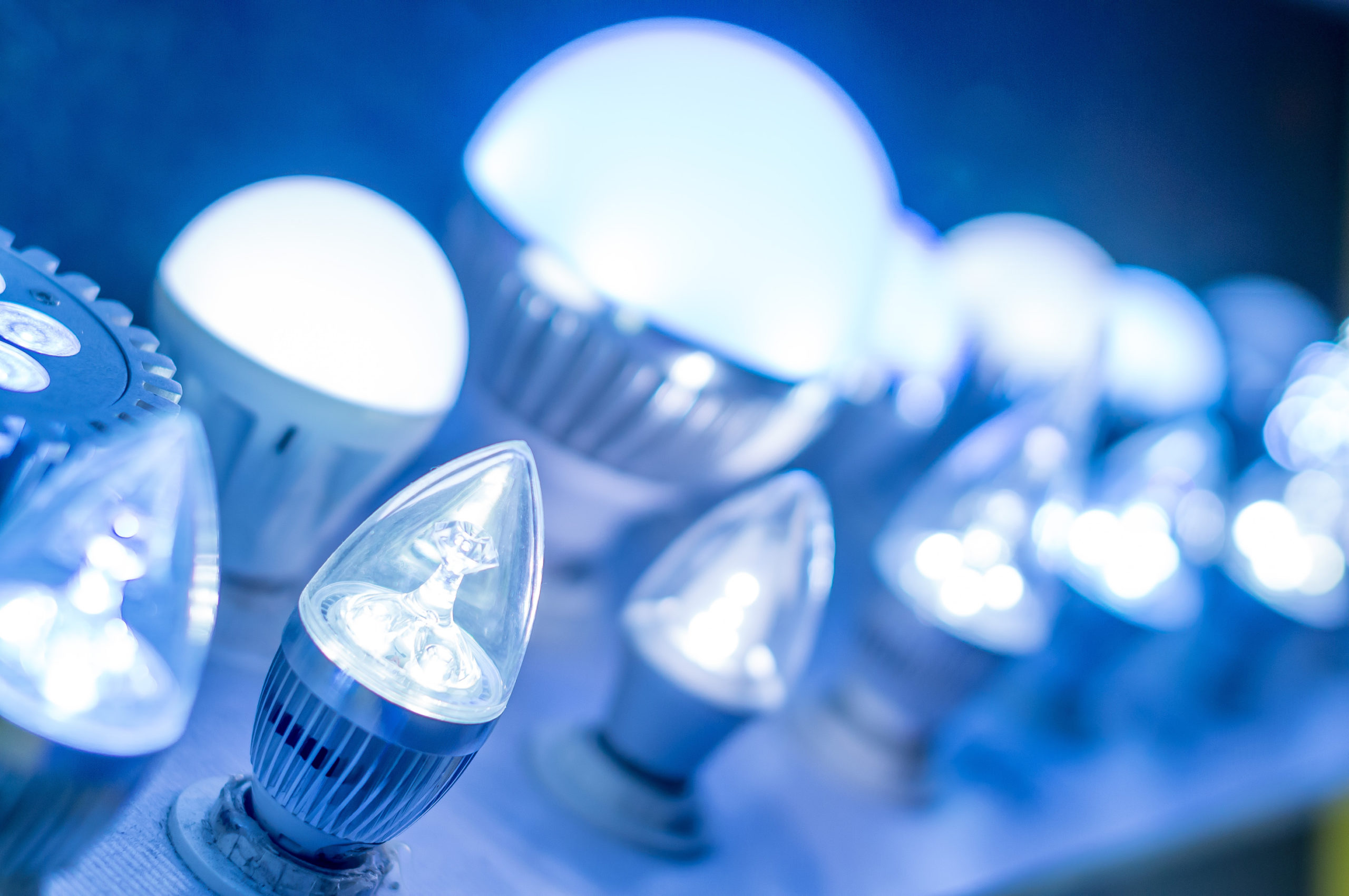Since the invention of the light bulb, we have been dependent on artificial light for our daily lives. From televisions to smartphones, artificial light is everywhere. Researchers now believe that this exposure to artificial light is taking a toll on our circadian rhythms.
Smartphones and sleep quality
Several studies have shown that exposure to artificial light such as that emitted by smartphones before going to bed is bad for sleep quality. These discoveries gave birth to apps that control how you use your smartphone near your bedtime and ‘night modes’ that regulate the amount of blue light emitted by smartphones at night. That said, the problem was not solved entirely because the relationship between your phone and the quality of sleep is not as simple as it sounds.
Internal body clock
The circadian rhythm is an internal clock in your body that controls the activities you should be engaging in depending on the time of day; This clock follows a 24- hour pattern, a replica of the one followed by the earth. In humans, the clock is controlled by the hippocampus, which releases a hormone known as melatonin.
Melatonin levels increase around the time you go to bed and slowly decrease when you wake up. Although there’s an internal pattern to control melatonin release, it is also affected by ambient lighting. Stanford University professor, Jamie Zeitzer, explains that light affects the clock in two ways: changes the time on the clock and setting its amplitude or strength. He adds that smartphones and artificial light sources affect the circadian rhythm by changing behavior, consequently creating unusual patterns.
Using light as therapy
Studies examining the effect of artificial light on the quality of sleep date back as far as the 80s. In what might seem like a counter-intuitive approach, bright light is sometimes used as therapy for people with insomnia. This process is known as phototherapy. In a 2016 study, scientists found that phototherapy is generally effective against sleep disorders, especially insomnia and circadian rhythm problems.


